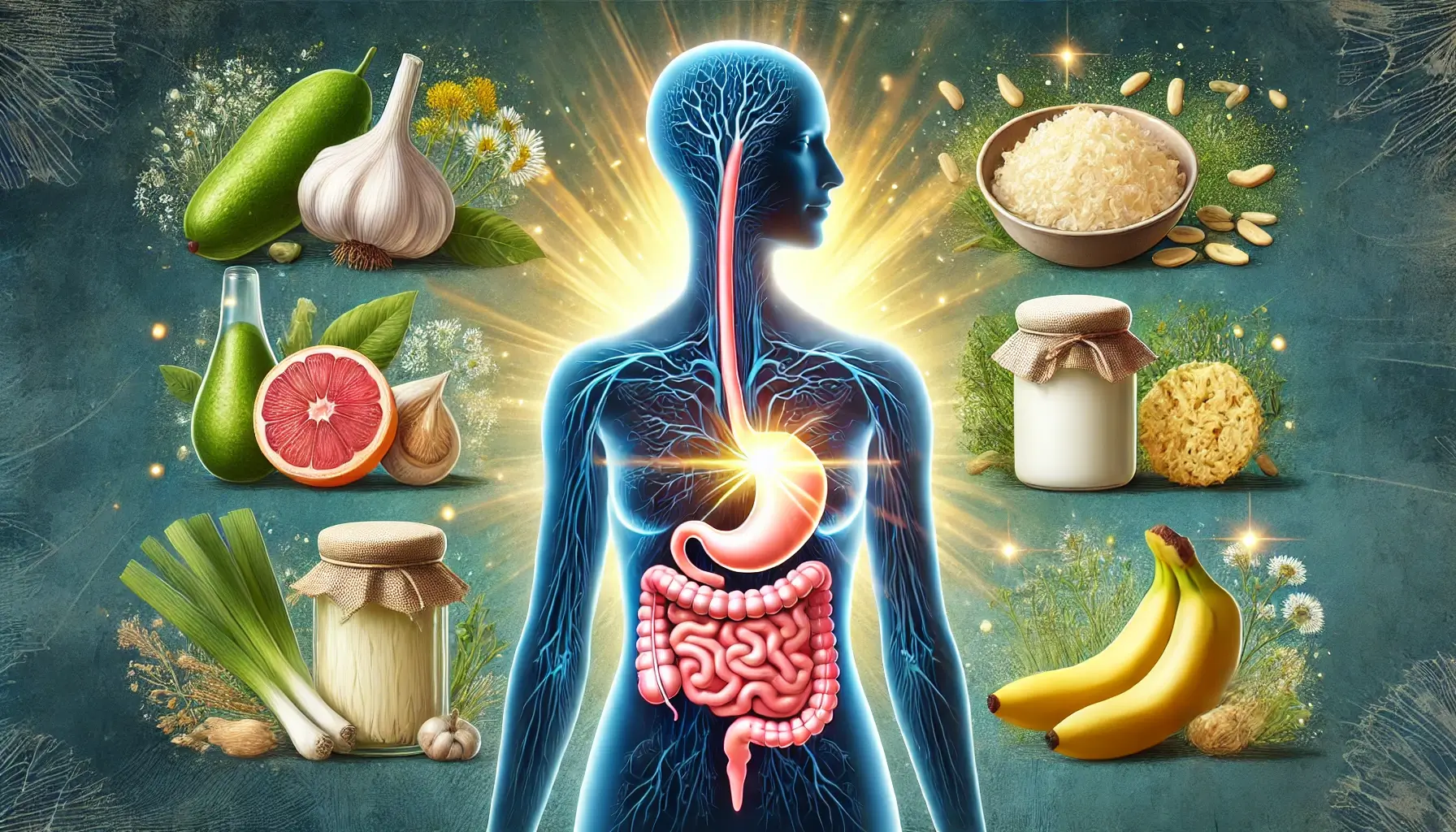Gastrointestinal Disorders and Celiac Disease
Gastrointestinal (GI) disorders are a diverse group of diseases that affect the digestive system, from the mouth to the anus. They can produce a wide range of symptoms, including:
- Abdominal Pain
- Diarrhea
- Constipation
- Nausea and vomiting
- Heartburn and digestive issues
- Bloating
- Bleeding
Celiac disease is a specific gastrointestinal illness. It is an autoimmune illness that causes damage to the small intestine after consuming gluten, a protein present in wheat, barley, and rye. When persons with celiac disease consume gluten, their immune system destroys the small intestine lining.
This damage can cause malabsorption, which means the body cannot absorb nutrients from food adequately. Celiac disease affects the small intestine with symptoms that include abdominal pain, diarrhea, constipation, nausea, vomiting, heartburn, indigestion, bloating, bleeding, induce exhaustion, weight loss, anemia, and nutritional deficits.
Diagnosed through blood testing and sometimes an intestinal biopsy.
Various diagnostics are typically used, including blood testing, stool tests, endoscopy, and imaging examinations. Diagnosed through blood testing and sometimes an intestinal biopsy.
Celiac illness is mainly treated with a strict gluten-free diet. This entails removing all foods and items containing wheat, barley, rye, and their derivatives from the diet. A gluten-free diet promotes healing in the small intestine. It avoids additional damage, alleviating symptoms and lowering the risk of consequences associated with untreated celiac disease, such as malnutrition, osteoporosis, and some types of cancer.
In addition to the gluten-free diet, celiac disease patients have various treatment choices and management measures. Dietary supplements, such as vitamins and minerals, may be administered to treat nutritional deficits caused by minor intestinal injury.
In some circumstances, pharmaceuticals may treat specific symptoms or problems, such as anti-inflammatory drugs for chronic intestinal inflammation or nutrient absorption supplements.
Continuous medical monitoring and regular check-ups with a gastroenterologist or a celiac disease specialist are essential for controlling the condition.
Individuals with celiac disease may also benefit from joining support groups and participating in educational programs.
These visits enable the evaluation of the individual’s reaction to the gluten-free diet, monitoring any potential issues, and adjusting therapy as required.
Individuals with celiac disease may also benefit from joining support groups and participating in educational programs. These resources offer helpful information, practical recommendations, and a feeling of community to assist patients in managing the obstacles of living with this chronic condition while maintaining a gluten-free lifestyle.
While a gluten-free diet remains the foundation of celiac disease management, new therapies and therapeutic methods are being studied. These include creating enzyme supplements capable of breaking down gluten, using probiotics to regulate the gut flora, and investigating targeted immunotherapies to lower the immune system’s response to gluten.
As research in this area progresses, more and more effective treatment options may become accessible in the future.
Celiac disease is a hereditary ailment.
Here are some more things to know about celiac disease.
Celiac disease is a hereditary ailment. However, not everyone who carries the genes will get the disease.
Celiac disease affects people of all ages. However, it is most typically diagnosed in adults aged 30 to 40.
There is no cure for celiac disease, but adhering to a rigorous gluten-free diet can help control symptoms and avoid long-term consequences.
If you suspect you have a gastrointestinal issue or celiac disease, consult a doctor for a diagnosis and treatment. Early identification and treatment can assist in avoiding problems.













